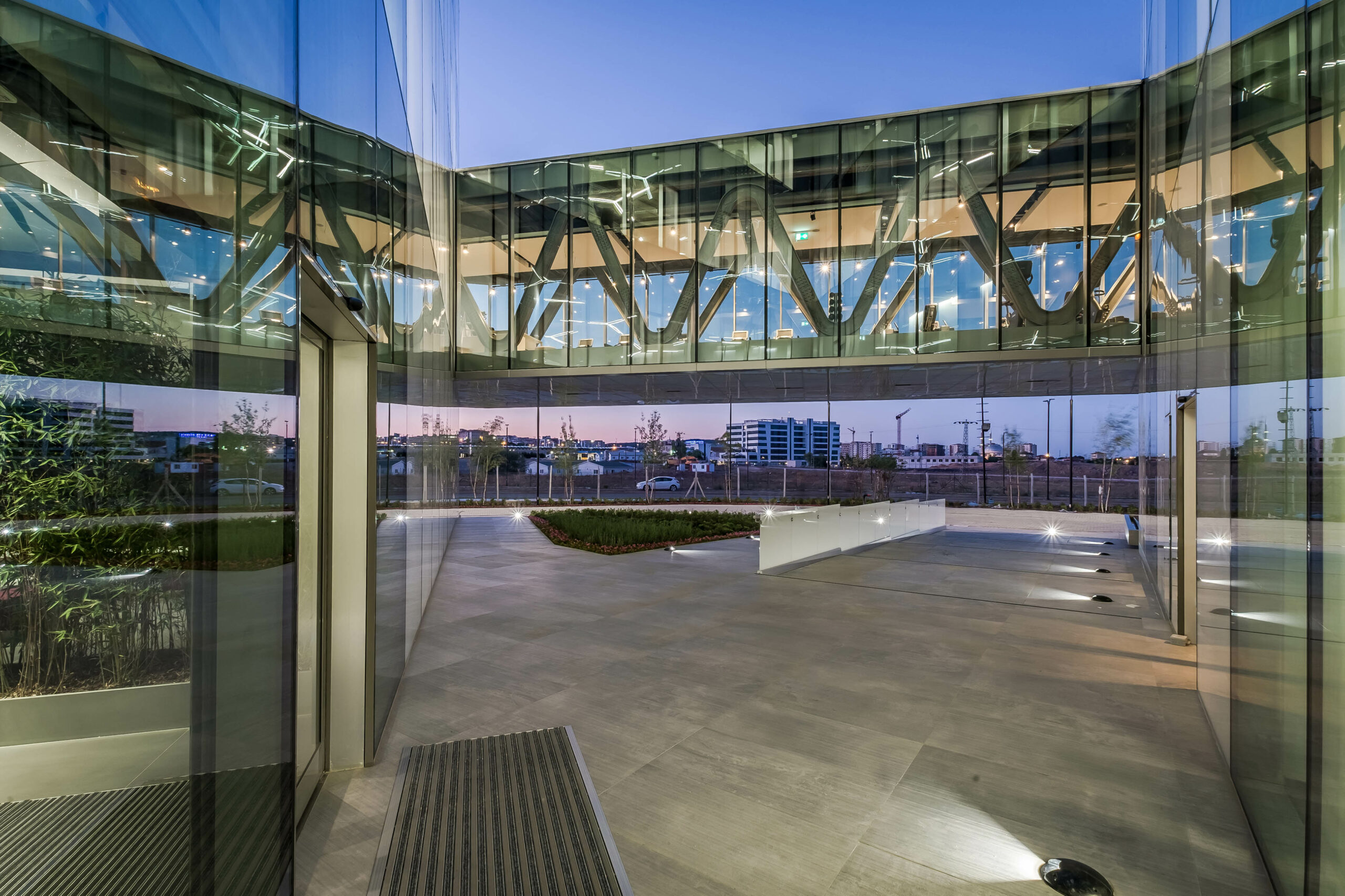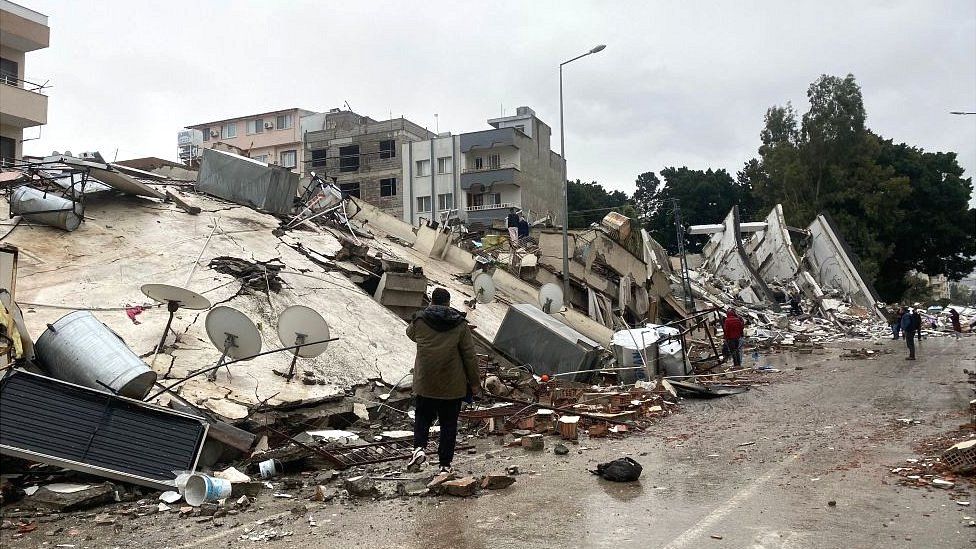During his official visit to France, the Turkish Deputy Minister of Industry and Technology, Mehmet Fatih Kacir, spoke about the favorable environment offered by Turkey to French entrepreneurs and investors. We were able to accompany him exclusively for three days, in Paris, during his visits and meetings with representatives of the French entrepreneurial ecosystem, from French Tech to Station F, via the BPI. He then presented to us the many advantages put in place by Turkey to attract investors and promote innovation and business creation.
Over the past twenty years, Turkey has invested enormously in favor of new technologies and has put in place many mechanisms to facilitate the creation of businesses and the development of new technologies on its territory. The country has created its own Silicon Valley, and has built a network of technoparks (technopoles), a kind of mini F-stations spread across the country, where entrepreneurs, start-ups, university centers, research and development institutes come together, and which allow numerous mutual transfers of know-how and technologies and create an environment favorable to innovation.
The government supports companies investing in R&D on its soil, and grants them loans and tax benefits. If there were 5 technoparks at the beginning of the 2000s, today there are 92 which house more than 7000 private companies. With 1,500 R&D and design centers employing nearly 200,000 people, 207 universities, 60 accelerators, and 80 incubators, Turkey has built up a robust tech ecosystem in two decades. And this is bearing fruit: Turkey exported $6.5 billion in high technology in 2021, 43,000 R&D projects have been completed, and 12,000 are in progress.
Ranked 11th in the world economy, with an average annual growth of 5% over the past 20 years, and a young active population (the median age is 32 years against 44 in Europe), Turkey attracts foreign investors, and the international economic press notices it. The Financial Times speaks of “European tech star”, and the valuation of its unicorns like Hepsiburada or Getir in the e-commerce sector, or Dream Games in the field of gaming, are commented on around the world. Artificial intelligence, robotics, mobility of tomorrow, biotechnologies, connected objects, fintech, aerospace, defence, blockchain, augmented reality, batteries, no sector is forgotten. The country has set a goal of having 10 unicorns by 2023, the anniversary of the centenary of the Republic, as part of its industrial and technological strategy for 2019, when there were zero. Today there are already 6 Turcorns (for Turkish unicorns): three belong to the e-commerce sector, two to the video game sector and the latest, Insider, is the first Saas software unicorn led by a woman.
Within two years, the Minister is hopeful of having 5 more
An example: Getir, valued at 7.5 billion dollars, already operates in 6 countries, and is now attacking the American market. “Their goal is to deliver everything you want from groceries to your home in just 10 minutes. It is a very self-confident motto. And this is possible because they are able to do high technology, to use big data to create their business, ”says the vice-minister. “It was our tech ecosystem that allowed them to grow and achieve unicorn status. And we are going to see more and more unicorns, not only in the e-commerce and gaming sectors, but also in deep tech, biotechnology, etc. There are many startups that have succeeded and in multiple fields,” he continues.
If e-commerce and video games are booming, other sectors such as health are not left behind in terms of innovation, and the pandemic has demonstrated the ability of Turkish startups to respond to challenges unpublished. Turkey has thus developed its own anti-covid vaccine. And from the start of the pandemic, in less than two weeks, it managed to launch the production of intensive care ventilators, creating a partnership between a small startup, Biosys, based in a technopark in Ankara and three large industrial companies, and this on the initiative of the Deputy Minister of Industry. 20,000 ventilators were produced during the pandemic and exported to more than 30 countries. “It shows how important startups are. Small projects can ultimately save the lives of millions of people,” said the Deputy Minister.
Turkey is also very interested in start-ups in the defense sector, deep tech, fintech, green mobility. A national car brand has even been created, TOGG, whose first 100% electric models were presented at CES 2022 (Consumer Electronics Show) in Las Vegas last January. The automotive sector is in the midst of a revolution, with electric vehicles, connected cars, autonomous cars. The government is therefore making it a priority to support this sector in order to see new unicorns emerge. “The goal of our government is to address a paradigm shift in technological evolution. The 20th century saw the emergence of aviation, thousands of planes were produced in Europe, but Turkey did not know how to take the turn. A few Turkish entrepreneurs did try to do something, but at the time, the ecosystem maybe, or the government, were not ready to support this kind of project. Now it is different, these partnerships open new doors for countries like Turkey to take the initiative and can now lead future technological revolutions. So we are trying to address these paradigm shifts, so that we can take off much more quickly,” explains the Deputy Minister.
People and education, the key to tomorrow’s success!
The Deputy Minister insists on a key point: the most important resource is people.
The government is investing in the education of future startuppers from an early age through the opening within two years in all Turkish cities of maker labs, called “deneyap” (which means experience in Turkish). More than 50,000 students selected from middle school to high school will thus be able to be trained in a range of fields: coding, robotics, cyber security, programming, nanotechnology, artificial intelligence, etc.
Turkey has also been the organizer of the largest aviation, aerospace and technology festival in the world since 2018: Teknofest, which welcomed more than 1.6 million visitors in 6 days at Istanbul airport. , and now takes place every year, in collaboration with private companies and academic institutions. On the program: airshows, stands promoting international or local companies, as well as an international startup summit. More than 80 countries participate. But the heart of the festival is the organization of competitions in many sectors of new technologies: education, environment and green technologies, robotics, hacking, artificial intelligence, sustainable mobility, biotechnologies, agriculture, rockets, cyber security, flying cars, etc. , the emulation of the imagination of the competitors is great! In 2021, there were a total of 45 competitions, with 40,000 teams and over 250,000 young participants. “This shows the potential of Turkish wealth, as well as its potential attractiveness for doing business, welcoming young talents, developing new technologies, doing research and development,” said the Deputy Minister.
The government attaches great importance to international collaboration and cooperation, and draws inspiration from the best abroad. Two code schools have opened in partnership with Ecole 42, and Turkey wishes to continue this momentum, and multiply partnerships with France and the rest of Europe. The philosophy behind this kind of programs is access to technology for all. “Technology should not be left to the big global monopolies. Every child everywhere has the right to take part in this revolution, and must have access to the development of tools to be able to create new technologies themselves,” he said.
How to set up in Turkey?
Through this entrepreneurial ecosystem, Turkey wishes to attract French investors. The Ministry of Industry and Technology, and the Presidential Office of Investment are ready to receive and discuss with any investor or startup wishing to set up in Turkey. The doors of the many technoparks are wide open to them. “All French startups are welcome, and can open an office in our technoparks. We will help them, and they will be able to work with our talented workforce,” concluded the Deputy Minister.




Comments are closed